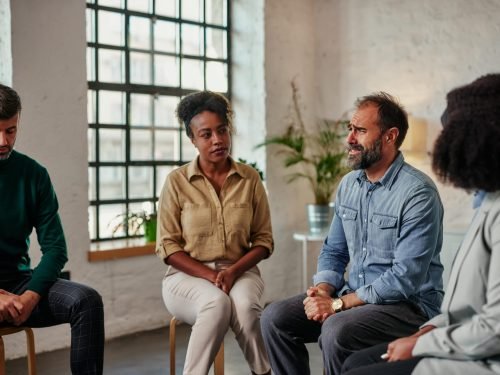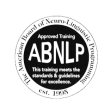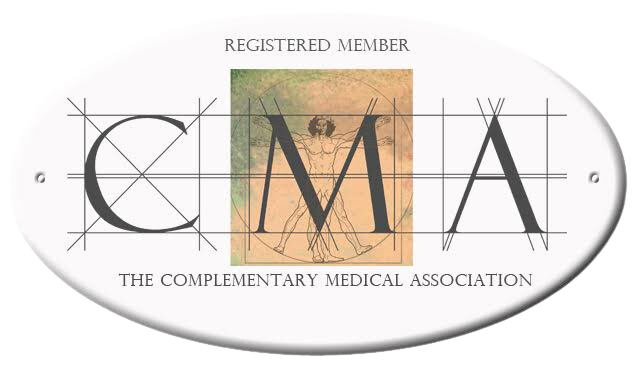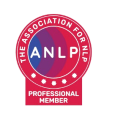
Relationship therapy techniques offer powerful tools for couples who are struggling to maintain or rebuild their marriage. These techniques focus on improving communication, increasing emotional intimacy, and addressing unresolved conflicts. By engaging in therapy, couples can gain valuable insights into their relationship dynamics and develop the skills needed to build a stronger, more fulfilling partnership. This article explores some of the most effective relationship therapy techniques that can help save your marriage.
Introduction
Every marriage faces challenges, whether due to communication breakdowns, infidelity, emotional distance, or unresolved conflicts. When these issues arise, relationship therapy can provide a structured approach to identifying and addressing the underlying problems. With the right techniques, couples can learn to navigate their differences, heal from past hurts, and create a stronger, healthier relationship.
Key Relationship Therapy Techniques to Save Your Marriage
The Gottman Method
The Gottman Method, developed by Drs. John and Julie Gottman, is one of the most researched and effective relationship therapy techniques. It focuses on building a strong foundation through several principles, including developing “love maps” (understanding each other’s inner world), expressing fondness and admiration, turning towards each other instead of away, and managing conflict constructively. The therapy also emphasizes creating shared goals and meaning, which can strengthen the emotional connection between partners
- Manage Conflict: The Gottman Method helps couples learn to handle conflict more effectively by recognizing the difference between resolvable and perpetual conflicts.
- Enhance Emotional Connection: The approach encourages couples to build trust and commitment while nurturing friendship and intimacy.
- Practical Tools: Couples are taught specific tools and phrases, such as the Gottman Repair Checklist, to use during disagreements to maintain respect and understanding.
Emotionally Focused Therapy (EFT)
Emotionally Focused Therapy (EFT) is designed to improve emotional bonds between partners. It is based on the premise that relationship problems often stem from unfulfilled emotional needs and attachment insecurities. EFT guides couples through three stages: De-escalation (identifying and addressing negative interaction patterns), Restructuring (developing new ways of interacting that promote empathy and emotional responsiveness), and Consolidation (learning to apply these new patterns in daily life)
- Strengthen Attachment Bonds: EFT helps couples develop a deeper emotional connection by recognizing and responding to each other’s needs.
- Build Empathy: This therapy encourages partners to express their emotions openly and listen to each other empathetically, fostering a greater sense of security and trust.
Imago Relationship Therapy
Imago Relationship Therapy, developed by Harville Hendrix and Helen LaKelly Hunt, integrates spiritual and behavioral techniques to help couples understand how their subconscious influences their relationship choices. This therapy suggests that individuals often select partners who mirror unresolved issues from their childhood, and it focuses on recognizing these patterns and working through them collaboratively
- Focus on Communication: Imago therapy emphasizes effective communication, helping couples articulate their feelings and understand each other’s perspectives.
- Address Core Issues: It works on identifying the root causes of conflicts and finding ways to heal past wounds, leading to long-term relationship improvement.
Narrative Therapy
Narrative Therapy helps couples rewrite the story of their relationship. This approach encourages partners to view their relationship as a story that can be edited and transformed. By separating themselves from the problem and seeing it as external, couples can work together to create a more positive narrative
- Reframe the Relationship Story: Couples are guided to focus on their strengths and rewrite the negative aspects of their relationship story.
- Promote Positivity: This therapy fosters a sense of collaboration and positivity by emphasizing that the story is not set in stone and can change with effort and understanding.
Discernment Counseling
Discernment Counseling is particularly beneficial for couples where one partner is considering divorce, while the other is uncertain. This short-term therapy focuses on helping both partners decide whether to continue working on the marriage or separate amicably. It is less about solving problems and more about determining the potential for reconciliation
- Clarify Intentions: The therapy helps couples understand their feelings and motivations, providing clarity on the best course of action for both.
- Support for Decision-Making: Couples are guided to explore all options, making a thoughtful and informed decision about their future.
Positive Psychology Couples Therapy
Positive Psychology Couples Therapy emphasizes the importance of recognizing and appreciating the positive aspects of the relationship. It helps couples focus on what is working well, rather than just what is problematic. By building on the positive, this technique encourages gratitude, respect, and mutual support
- Enhance Positivity: Couples are encouraged to note daily moments of joy and appreciation, fostering a stronger emotional connection.
- Build Resilience: Focusing on the positive aspects helps couples handle conflicts more constructively and strengthens their bond over time.
Practical Tips for Couples Considering Therapy
- Choose the Right Therapy Technique: Different techniques work for different couples, so it’s important to select one that aligns with your relationship dynamics and challenges.
- Be Open to the Process: Enter therapy with an open mind and a willingness to change. Successful therapy requires honesty, vulnerability, and commitment from both partners.
- Practice Regularly: The skills and techniques learned in therapy must be practiced regularly to be effective. Commit to applying what you learn to your daily interactions.
FAQs
What is relationship therapy, and how does it work?
Relationship therapy is a form of counseling designed to help couples improve their communication, resolve conflicts, and strengthen their emotional connection. It involves various techniques that address the underlying issues in a relationship and provide tools for long-term improvement.
How can relationship therapy save a marriage?
Relationship therapy can save a marriage by helping couples understand each other’s needs, improve communication, rebuild trust, and develop strategies for resolving conflicts. Techniques like the Gottman Method and EFT focus on enhancing emotional bonds and managing conflicts constructively.
Which therapy technique is most effective for saving a marriage?
The effectiveness of a therapy technique depends on the couple’s unique circumstances and needs. The Gottman Method is well-researched and effective for managing conflicts, while EFT is beneficial for couples seeking to deepen their emotional connection. Imago therapy and narrative therapy are effective for addressing deep-seated issues and transforming relationship dynamics.
Conclusion
Relationship therapy offers numerous techniques to help couples navigate the complexities of marriage, improve communication, and rebuild trust. Whether you are dealing with specific challenges like infidelity or seeking to strengthen your emotional bond, these therapy techniques provide practical tools and guidance to foster a healthier, more fulfilling relationship. By embracing these methods, couples can find new ways to connect, heal, and move forward together.








